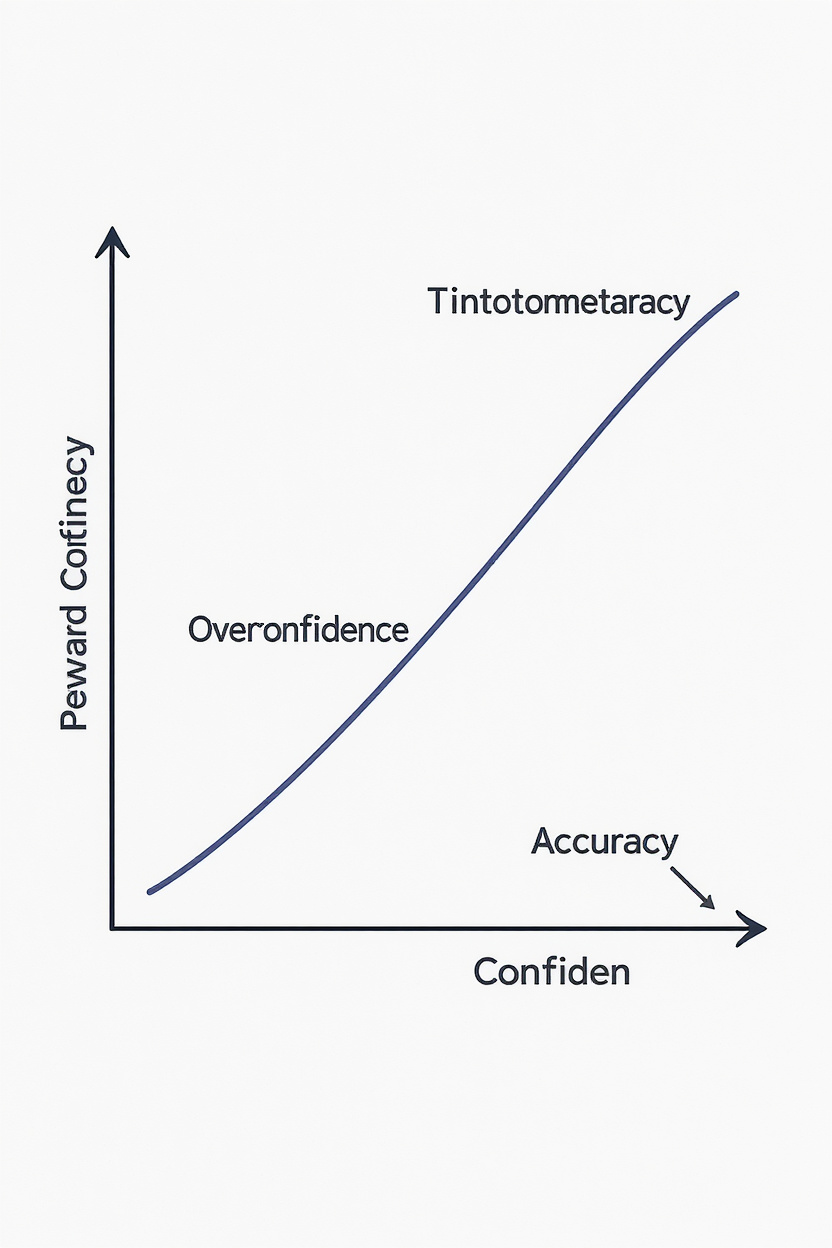Government Shocked to Discover Criminals Use Technology, Vows to Fix Internet With Laws Written in 1993
In a stunning revelation that has left lawmakers clutching their desks in horror, the government has finally noticed that criminals, much like everyone else on the planet, have figured out how to use modern technology.
“The internet has evolved in ways we never could have imagined,” declared Peter Kyle, Secretary of State for Science, Innovation, and Technology, apparently unaware that every teenager with a smartphone could’ve clued him in years ago. “Back in the ’90s, our laws were designed for a world where people were still excited by clip art.”
The government’s plan to combat the horrors of technology-driven crime? A fresh, bold, and cutting-edge approach of… banning things. That’s right, officials have unveiled what they call “a raft of new offenses,” which is a fancy way of saying “more laws that criminals will no doubt ignore while the rest of us get stuck agreeing to five-page-long cookie policies.”
For decades, laws against child exploitation have remained frozen in time, written in a world where people still rented VHS tapes. “When we crafted these regulations, the biggest threat was someone sneaking into a Waldenbooks and looking at the restricted section,” Kyle continued, eyes brimming with nostalgia for a bygone era where criminals had to actually leave their homes to be awful.
Critics have cautiously pointed out that laws alone don’t seem to be stopping dangerous people from doing dangerous things. “Call me crazy, but I think these guys tend to ignore laws by definition,” said digital privacy advocate Mark Evans. “But you know what always works? Rewriting legislation every 30 years and hoping the criminals get confused.”
Still, ministers are confident that their approach will close “loopholes” — a term that here means “mechanisms they didn’t previously understand but now know exist thanks to people yelling at them in committee meetings.” Among those changes: ensuring that anyone caught making illegal content with advanced technology faces real consequences, just like those pioneers of crime back in ‘98, when pirating an episode of *Friends* was the peak of digital delinquency.
When asked how the government plans to enforce these new measures, Kyle confidently asserted, “By being very stern with our laws. Criminals will think twice once they see we’ve added more paperwork.” He then stared silently at his iPhone for a minute, waiting for the Snapchat app to explain itself.
Meanwhile, tech companies, who have long functioned on the principle of “ignore everything until there’s a PR nightmare,” are reportedly scrambling to only sort of cooperate. “We take these issues very seriously,” a spokesperson for a major tech giant said, before briefly pausing to ensure their company’s servers still had enough storage for legally ambiguous deepfakes.
For now, the government remains convinced that a firm statement, a dozen new laws, and the steadfast hope that bad people will one day feel ashamed of themselves should be enough. “We are closing the gaps in our laws,” Kyle reassured the terrified public. “Now, if you’ll excuse me, I need to go figure out how to turn off autocorrect on my phone. It is haunting me.”





